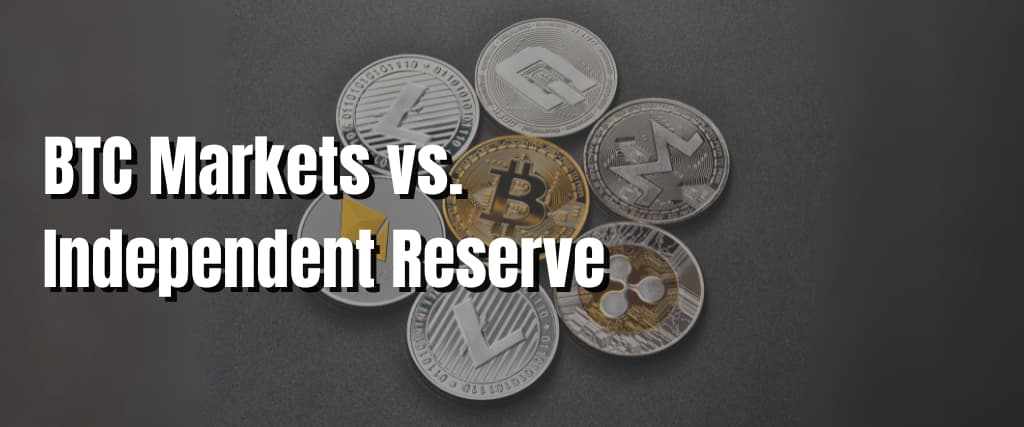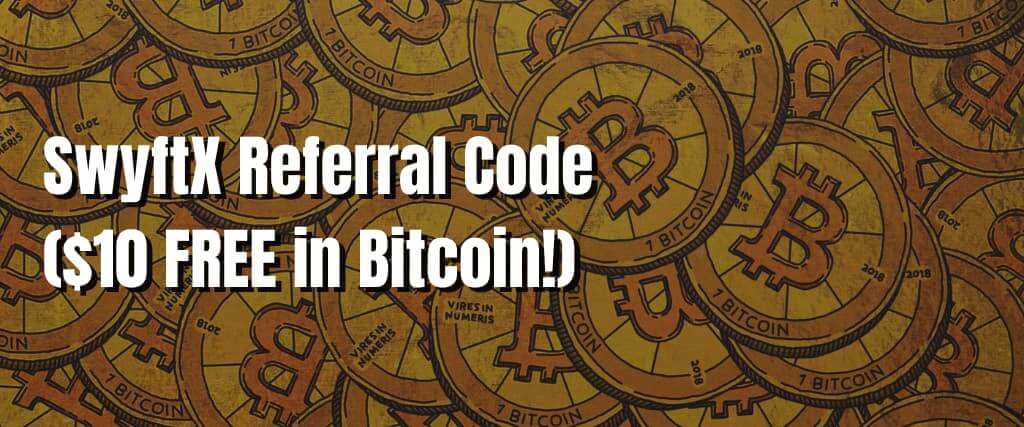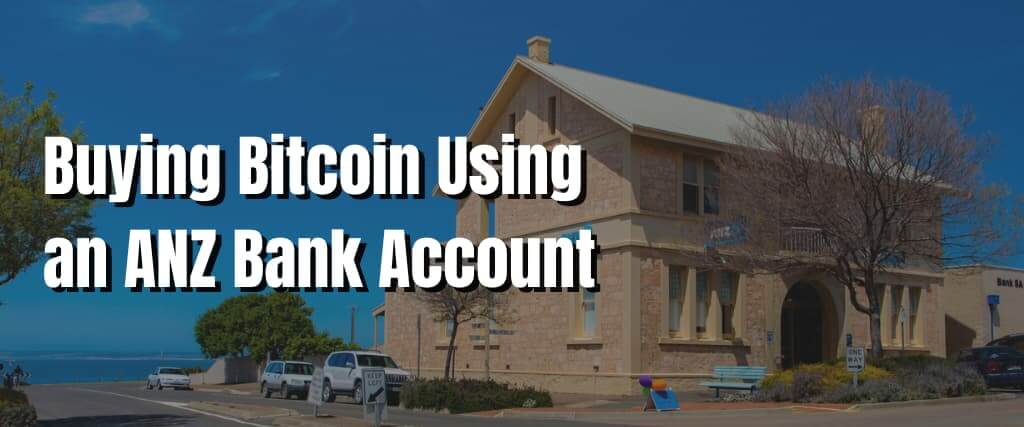As credibility in traditional banking continues to erode, crypto is now the favoured alternative for consumers wishing to save and invest heavily.

BTC and Independent Reserve markets are some of the industry’s leading names, with each offering unique benefits and features, making it a difficult choice for most enthusiast crypto traders.
Following this guide, you should understand which exchange is the best and why.
So let’s get started!
Independent Reserve Overview
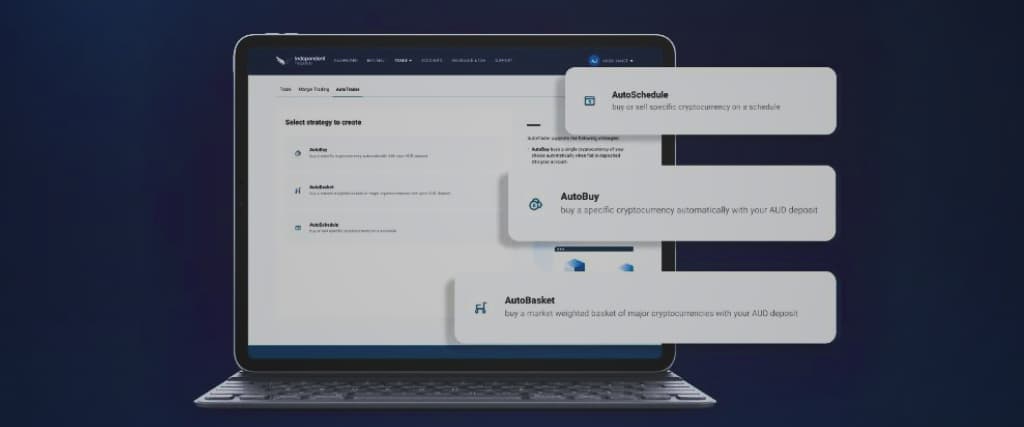
With about 150k customer base, Independent Reserve is among the most prevalent cryptocurrency exchanges in New Zealand and Australia.
Adrian Przelozny and Adam Tepper, two businessmen with years of expertise in the tech sector, established the crypto exchange platform in 2013 to establish a crypto exchange that would later become Australia’s biggest and most successful Bitcoin exchange.
For nearly a decade, Independent Reserve has established a strong presence in South-East Asia and earned the respect of more than 8000 self-managed investment companies.
The Analysis Center and Transaction Reports has acknowledged that the company is certified and compliant with the AUSTRAC. This gives investors a high level of security and honesty in all the transactions made on the platform.
BTC Markets Overview
At over 270k users, BTC markets is also another major exchange in Australia, asserting as the most liquid. This implies that people can quickly trade cryptocurrency without significantly lowering its value.
Martin Bajalan, a software engineer manager who had previously worked for companies such as Amazon and Autodesk, conceived the exchange in 2013—an exchange now competing with the big names in the industry.
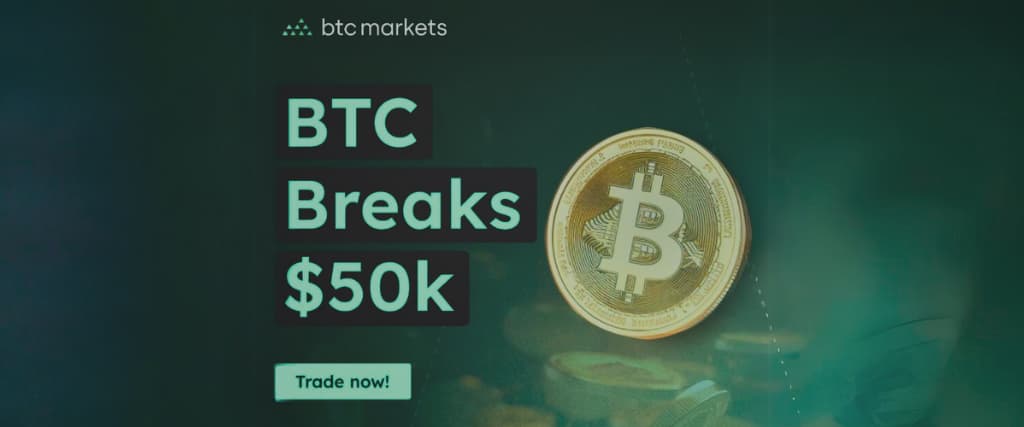
During its decade of existence, the BTC market has experienced over $10.5 billion in trades, five Bitcoin forks, two halvings, ICO fever, and has managed to contain all the challenges of the cryptocurrency market.
Just before we dive into the pros and cons of both exchanges, it’s important to note that BTC markets has also partnered with Ripple, an on-demand liquidity prog that allows customers to make cross border transactions in just a matter of seconds.
Pros and Cons of Independent Reserve
One of the standout advantages of Independent Reserve is its extensive support for fiat currencies—allowing investors to access larger markets as they diversify their portfolios.
Exchanges also offer more withdrawal and deposit options and give more users access to explore the trade.
This comes with lower charges for investors looking for less than 70,000 AUD traffic per month, as the transaction fees will be lower compared to the BTC market.
If you’re looking for an exchange that offers better trading prices when investing large amounts, you will find that the Independent Reserve is a more costly option for lower discounts.
Pros and Cons of BTC Markets
One of the significant advantages of BTC markets over Independent Reserve is its low transaction fees for elevated trading volume, allowing customers to pay as little as 0.1% when buying and selling above 5,000,000 AUD.
Furthermore, the exchange provides fee deposits for its processes, ensuring that you won’t go through the fine print before depositing AUD in your accounts.
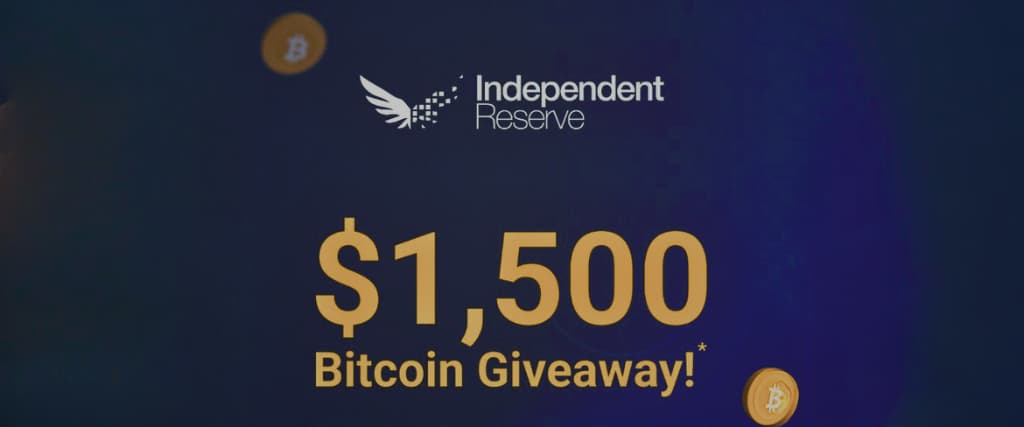
Unlike Independent Reserve, BTC Markets provides less support for fiat currencies and crypto, along with payment choices, which may be critical for some traders who want to employ specific ways.
Generally, both exchanges have good features for beginner and experienced traders. Additionally, both exchange platforms abide by all local legislation and have a large user base to back them up.
From these pros and cons, you should be able to settle on the best crypto exchange platform.
You can even combine the two! After all, investing in crypto is all about picking the best trading method and at the best timing, so make sure you have a solid foundation in place.
Making intelligent decisions can enable us to create newer investment options, save fees and boost profits in various ways.
Safety

The AUSTRAC regulates the Independent Reserve. They are obligated by law to authenticate the users’ identities, which aids in preventing malicious attacks.
Servers for the exchange are housed in two highly secure centres across the country. This guarantees that no data is lost, and the platform is reproduced in real-time and in both locations.
They have another fully set up trading system that may be used in place of the principal platform if necessary. The data on the servers is encoded and signed with decommissioned keys. Even better, exchanges also keep most of their coins in cold storage.
Independent Reserve adds an extra degree of security to users’ accounts using two-factor authentication.
Some positive news is that BTC Markets is the first exchange to obtain Gold certification from Blockchain Australia.
Furthermore, BTC Markets is an AUSTRAC registered crypto exchange with rules and regulations subject to change.
Usernames and email addresses were inadvertently disclosed as part of an email marketing campaign sent out in December 2020.
The good news, though, is that there have been no additional publicly reported violations or hacks except for this instance, which BTC Markets has fully apologised for.
BTC Markets employs two-factor authentication and rate restrictions to prevent cyberattacks, with 98% of investments stored in external cold wallets.
Exchange Comparisons
Since the two crypto traders are not the same, there are several aspects to consider when choosing between the BTC and Independent Reserve markets.
1. Fiat Currencies Accepted
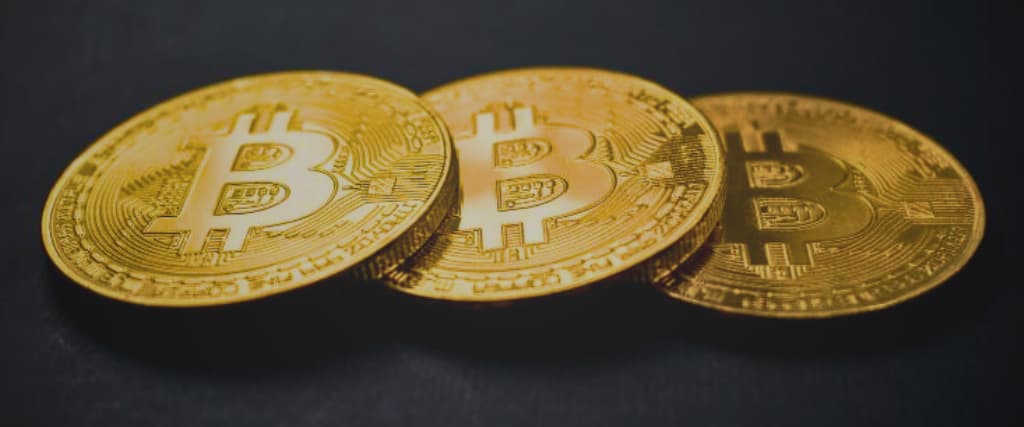
The first thing to check is which fiat currency your preferred exchange accepts—to allow you to buy and sell cryptocurrencies of your choice.
It’s just as vital to trade cryptocurrencies with your desired fiat currency as it is to learn about the different options available.
Independent Reserve accepts AUD, USD, and NZD, whereas BTC Markets only accepts AUD. This opens new venture capital for users who want more authority over their preferred payments and withdrawals.
2. Cryptocurrencies Accepted
Another attribute that you must address is the cryptocurrencies endorsed by the exchanges. Both exchanges accept prevalent cryptocurrencies such as ETH, BTC, COMP, BAT, OMG and LINK.

BTC Markets currently offers 15 digital currencies, whereas Independent Reserve embraces 20—so the latter is the better alternative for crypto traders who want to try multiple options.
The exchanges’ offerings differ—Independent Reserve offering USDC, USDT, DAI, MKR, EOS, SNX, ZRX, and PMGT, whereas BTC Markets promises ENJ and POWR.
Unless you want to invest in ENJ and POWR, Independent Reserve is the better alternative, particularly for fiat and cryptocurrency support.
3. Deposits
Independent Reserve accepts deposits by POLi, PayID, Osko, bank (SWIFT), electronic funds, and cryptocurrency transfers.
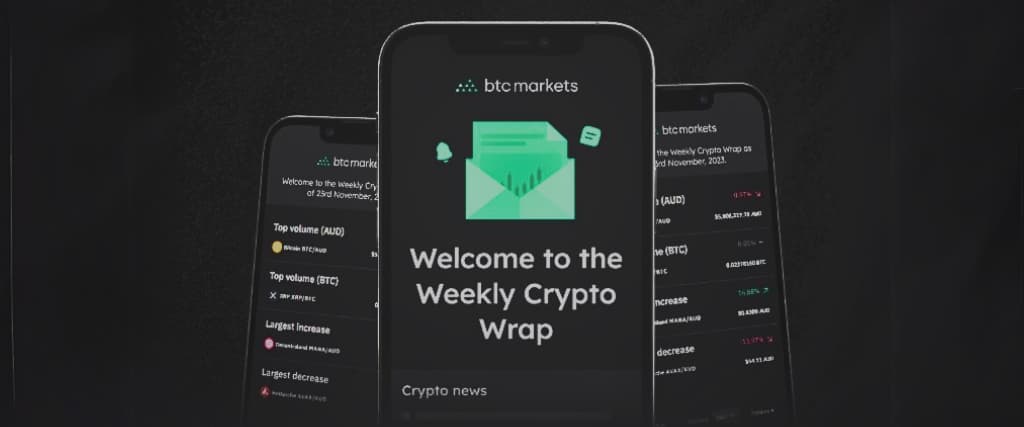
BTC Market accepts payments via crypto transfers, BPay and Osko.
Please note that deposit mechanisms such as Osko, PayID, and PoLi allow crypto traders to enter the digital industry immediately without relying on regular banking activities.
Furthermore, the ability to exchange cryptos from different wallets and markets allows for quick money transfers if you’re looking to invest in currencies that aren’t available on some exchanges.
4. Fees
There are no deposit fees at BTC Markets, but the deposit options are limited. Independent Reserve, however, charges some deposit fees, which varies based on the manner and quantity deposited.
In terms of investment fees, the BTC market discounts are higher, so if you’re looking to invest less than 70,000 AUD in 30 days, you’ll find that Independent Reserve is a better option.
For instance, if a customer’s transaction volume in the previous 30 days were 200,000 AUD, they would pay Independent Reserve 0.44% and BTC Markets 0.65% in fees.
Rates differ depending on various aspects like deposits and withdrawal modes, including the cryptocurrencies involved, trading pairings, and trading volume.
Therefore, you need to examine and assess while bearing your situation in mind.
Security Features
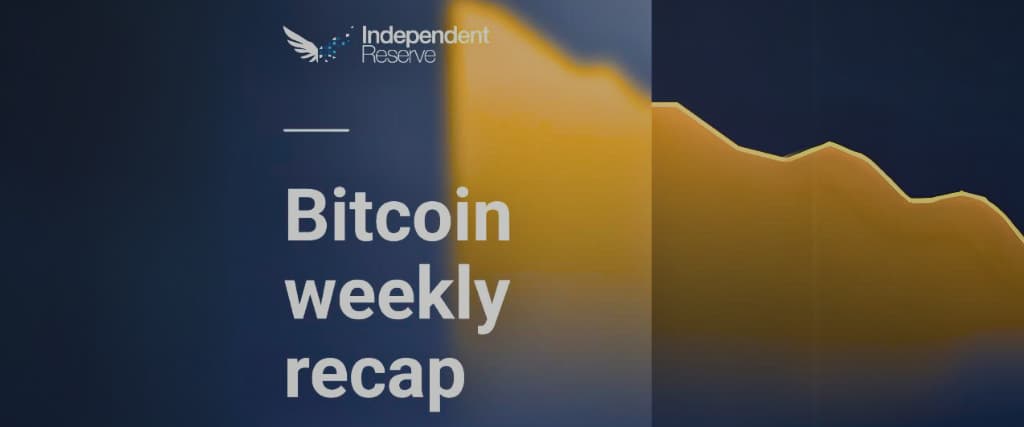
Security is paramount for crypto investment, and the two giant crypto exchanges are aware of this.
The crypto assets are bulk stored in Cold Storage, protected by layers of user identification and security protocols in multiple places.
Cold storage refers to data stored on physical devices that are not hooked up to the Internet. This further enhances security because hackers cannot easily access it.
Regulation Compliance
BTC Markets is an AUSTRAC-registered company and an ADCA Gold-certified member. An independent assessment confirmed that the ADCA (Australian Digital Commerce Association) certification complies with AML/CTF regulations.
BTC Markets is a legal and safe bitcoin exchange as it is a strictly regulated platform. Subscribers can link their Australian bank accounts to acquire crypto exchanges without restrictions.
It differs from all other digital exchanges due to the aspects mentioned above. Traders can, however, buy BTC, ETH, BCH, MCAU, using only AUD.

Independent Reserve is an AUSTRAC regulated member certified and audited by Blockchain in Australia.
However, some security measures must be taken care of—for example; crypto assets should be kept in cold unencrypted wallets to reduce the risks of cyberattacks.
Both exchanges meet local regulations accredited by the ADCA and are registered with the ATRAC.
Customer Service
Independent Reserve boasts a reliable customer support team that addresses most of the challenges traders may encounter while trading on the platform.
If you need additional assistance, you can contact the help centre via the support screen or email. However, you’ll have to first log in to your account to access them.
BTC Markets offers assistance through a comprehensive online guide covering its most commonly occurring issues and questions. Furthermore, an online assistance ticketing service is connected so that every question and comment can be acknowledged and dealt with promptly.
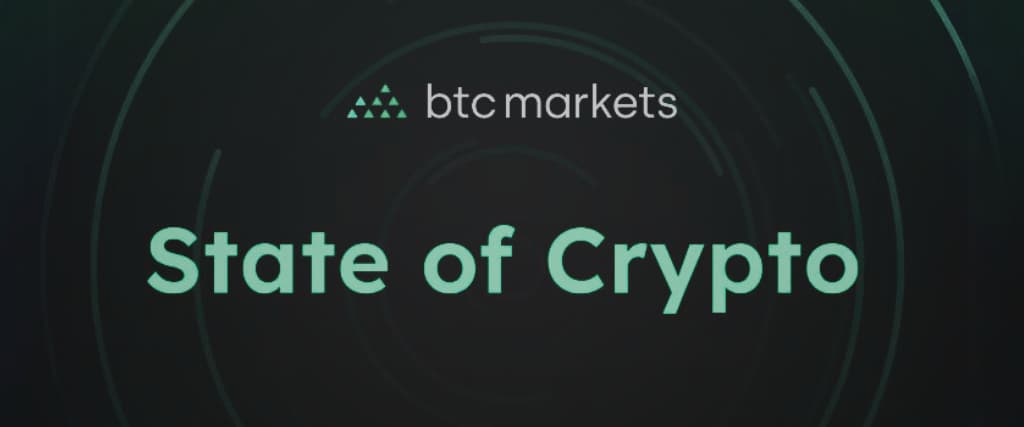
The exchanges are also similar in customer service, providing their users with knowledge bases, FAQs, and the option to submit a ticket at any moment if they require further assistance.
When it comes to customer support, the exchanges are similar, with customers being able to access the FAQs section, knowledge bases, and the choice to send a ticket at any time you require additional assistance. They don’t support phone calls or chat.
Sadly, none of the exchanges supports chat or phone calls.


